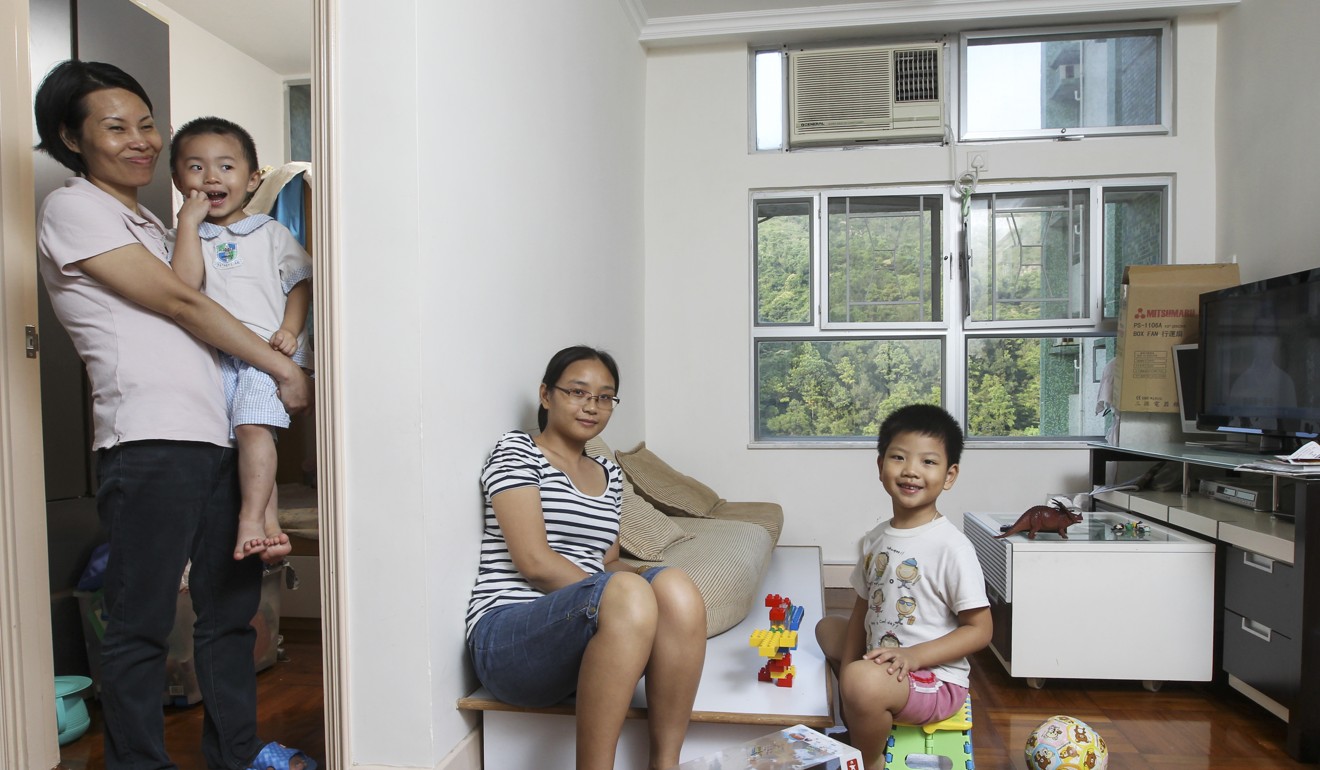
Tip of the week: Take ‘social surveys’ – even by the UN – with a hefty pinch of salt
Our writer picks apart the findings of a joint study by the United Nations and China’s foremost think tank
New York is the world’s most competitive city, a survey by the United Nations and China’s foremost think tank has found. Shenzhen was the highest ranked mainland city, while Hong Kong fell six places to 12th, undermined by its record-high property prices.
- SCMP, October 31
I wonder how much the United Nations was involved in the key bits here, when the finer details seem to have come from the state-run Chinese Academy of Social Sciences. But let he who is innocent throw the first stone. I have used the polishing brush myself on occasion.
Let’s start with the line, “undermined by its record high property prices”.
Once again, an outsider looking at Hong Kong has glossed over that 35 per cent of our housing stock consists of public rental flats billed at an average rent of just HK$1,654 per month (US$249), according to the latest Housing Authority (HA) figures.
This is probably the cheapest urban accommodation to be found in any developed city across the globe. “High property prices”?
Another 15 per cent of the housing stock consists of public housing sales made available by the HA to qualified buyers at discounts of 30 to 50 per cent from prevailing market prices. No one much hurting here either.

Most of the remaining stock of 1.15 million private units were bought many years ago by people who still live in these homes and have long paid off their mortgages or carry only marginal repayment obligations.
This leaves us with the sandwich class – that informal term which has emerged in recent years in Singapore and Hong Kong to refer to the middle class – by my guess, perhaps 10 to 15 per cent of our total stock, which was more recently bought at high prices or is leased out at high rents.
Other figures have been quoted on the above by different studies, and please tell me if you have better authority on the breakdown than I have, as I readily admit that mine are rough guesses.
Yet whatever your figures come to, it may affect our competitiveness somewhat – but I very much doubt it will allow us to talk of “undermined.”
Now let’s look at some of the other criteria by which the rankings in this survey were established.
● Technological innovation: The author, a professor Ni Pengfei, tells us that “half of the most competitive cities are American, which shows how far ahead the US is in terms of science and technology”.
How sad then, that our schools all rank high in mathematics and sciences, rather than at the very bottom, as schools in the US do. Let’s dive for the bottom, too, if that’s how to get ahead in science and technology.
Methinks I see another blind worshipper at the altar of Silicon Valley. The fact is that Hong Kong over the last 30 years has made a huge adjustment from a manufacturing to a services economy. That’s innovation for you.
On the other hand we could all turn into app writers giving people smartphone tools on where to find the cheapest nearby restaurant. That’s technology for you. Just look at Science Park and Cyberport.
● Global connectivity: The real point here is not whether the means exist but whether you can use them. Try to connect to Google in Shenzhen. When my daughter lived in Beijing we used to refer to China as “Narnia” and Xi Jinping as “Aslan” in emails, just to make sure they didn’t get chopped going through.
It is getting steadily worse, too. Global connectivity comes with open borders. These ones have been closing recently on ideas, on money and on people. Only consumer rubbish for American big box stores gets through unhindered.
● Productivity relative to population size: If this is a roundabout way someone has of telling me that smaller countries are more productive than larger ones, let’s hear him state the obvious conclusion through a loudhailer on the streets of Beijing, and see how long he escapes prison for having advocated the break-up of China.
I just don’t see, however, what productivity has to do with population size. It is instead closely determined by whether it operates within a market economy or not. There is definitely a lesson here for political systems but no room for lame excuses about population numbers.
Social surveys! Do you hear a dismissive tone in the way I say that? Yes, your hearing is good.

